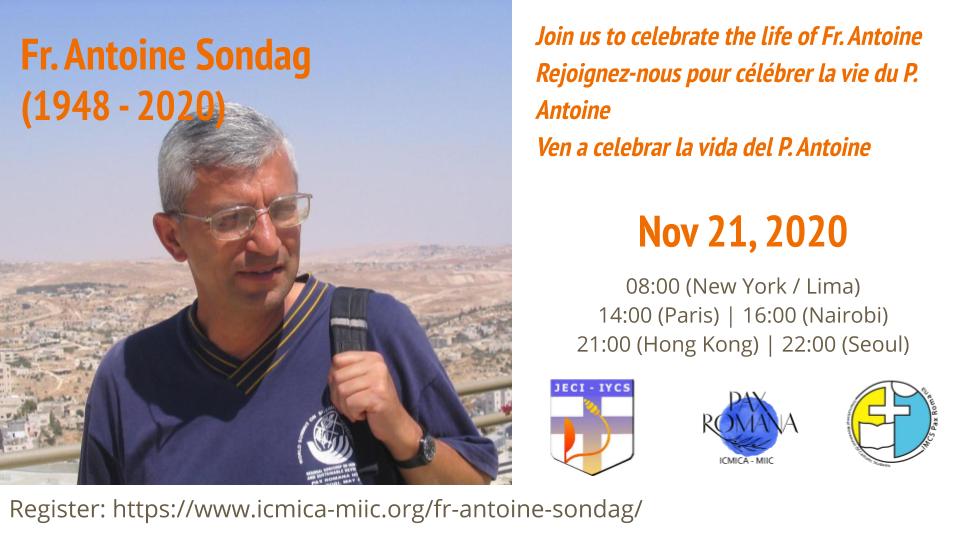The new Evangelization is confronted with modern culture and its new vision of Man and the World. It means that the Church has to rephrase differently its universal discourse, external to the different cultures it addresses, so it can force itself upon all men. It should admit that this discourse is part and parcel of a history, a specific proposition of the Judeo-Christian heritage, of the Greeks and of the age of Enlightenment in Western Europe.
Summary of the text
The challenge of the New Evangelization stems from the admission of failure in the transmission of the Gospel in today’s world which lives as if God did not exist. After the concept of secularization, a new perception of Man and the world is developing today, due to social and cultural transformations, which entail consequences in the way we believe in God. For the Church, it is a loss of cultural unity, the disintegration of fundamental references that had been recognized up to now, and a form of relativism which is becoming the only form of common thought.
What was characteristic of the old culture was the Western conviction that they had a representation of the world, of man and of history that applied to everyone. Whether Christian, secular or communist, it always justified the universal value of its truth by access to an absolute foundation: be it God, reason, nature or science.
But this conviction is shaken, on the one hand by the rise of other centers of civilization, and, on the other hand, by the discovery of contradictions in the Western model: inner conflicts within Europe and the ecological limitations of this model of development, as well as the habit of analyzing the social and psychological conditions of the use of reason. The belief that our vision of the world is universal is called into question by the knowledge that there is a fundamental diversity in human representations: « Man exists only in the multiplicity of cultures, languages, religions. »
This denunciation applies to all the great narratives and to all dogmatisms, and yet what is rejected is not secularism, science or reason but their setting up as the only way of understanding man.
The battle of « fundamentals » is losing some of its importance as these fundamentals no longer bestow a message its absolute character. It is therefore possible to imagine the life of mankind without any reference to transcendence. People commit themselves less to great movements with a “vision of the world” than to charities with a more limited goal. Even Humanism, which was the basis of great universalisms, is no longer accepted as such by other civilizations and, here in Europe, is far from being a rallying cry for the new generations.
The Instrumentum laboris is set outside this perspective which is considered as an obstacle to the transmission of Faith. The discourse of the Church is set outside culture, its drafters never wonder about the idiosyncrasies of their own language, about a possible “obsolescence” of the Church’s discourse. The Gospel is always presented as a universal discourse. The Church judges the new culture from outside, in the name of universal and absolute truths with no historic origins.
The need for and benefits from a dialogue with everyone are clearly repeated. But the hard point with the new evangelization is the way it talks about its message. It is no longer a discussion in the same language, but the main point is how the speaker represents himself. The distance has to be first accounted for. Seen from the new culture, what is incomprehensible is the absolute status of the Church, which believes it stands « outside any particular culture».
How can Christianity and secular humanism find their place in a context of plurality? Questions remain, because of our recognized cultural diversity: how can peoples live together with common principles when no absolute authority can prescribe them? Christianity and secular humanism can only be heard if they are recognized as part of a history: no longer a universal truth about the world which could judge others but a specific proposition stemming from the Judeo-Christian heritage, the Greeks and the age of Enlightenment in Western Europe.




Leave A Comment
You must be logged in to post a comment.